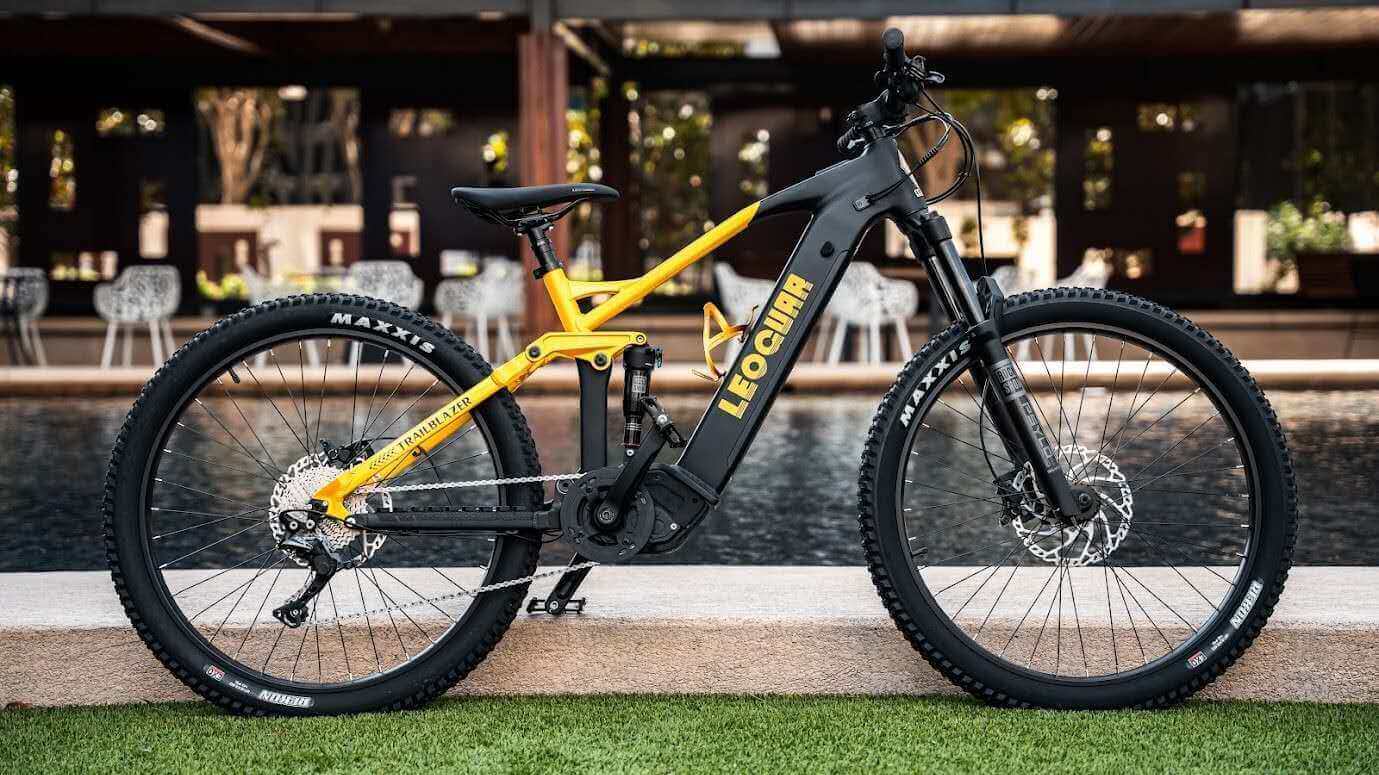
Full Suspension Electric Mountain Bike Guide
Introduction: More Than a Smoother Ride
A full suspension electric mountain bike changes everything. It gives you better grip, control, and confidence on tough trails. This bike combines electric power with front and rear suspension systems that work together perfectly.
The suspension does much more than make your ride comfortable. It completely changes what you can do on a trail. This guide will show you how the technology works and what benefits it offers. We want to help you decide if a full suspension electric mountain bike is right for you. The goal is to transform your entire dirt riding experience.
The Promise of Full Suspension e-Bikes
The promise is simple: a better bike makes you a better rider. The suspension protects you from hard hits while keeping your tires on the ground. This lets you ride faster, longer, and safer than before.
We will explain how the parts work together and what you will feel on the trail. The added weight might seem like a problem, but it can actually help you. Our goal is to give you clear, expert knowledge about this powerful tool.

The Anatomy of a Full Suspension eMTB
To understand what these bikes can do, we need to know their main parts. A hardtail bike only has front suspension, but a full suspension electric mountain bike has suspension for both wheels. This dual system absorbs impacts from any direction and keeps the bike stable on demanding terrain.
Think of it as the bike's knees and elbows that bend to absorb hits and maintain balance.
The Front Fork: Your First Defense
The suspension fork is the most visible part of the system. Its main job is to absorb impacts from the front wheel and smooth out rocks, roots, and drops. This increases comfort and helps you steer precisely.
When the front wheel hits something, the fork compresses and stops that force from hitting the handlebars. Travel refers to how far the fork can compress. For trail and all-mountain full suspension electric mountain bikes, you will find forks with 140mm to 170mm of travel.
This range handles big impacts without being too much for normal trail riding.
The Rear Shock and Linkage
The rear shock and linkage are the heart of a full suspension system. The fork handles the front, and this assembly manages everything the rear wheel hits. Its main job is to absorb bumps and keep the rear tire touching the ground.
This creates amazing grip, especially on technical climbs and fast, loose corners. The shock connects to the rear wheel through a linkage made of pivots and arms. Each bike brand designs this linkage differently, which affects how the suspension reacts.
Some designs are soft and forgiving, while others are firm and efficient for pedaling. As noted in many expert reviews and technical breakdowns, the linkage design is one of the most important factors that influences how a bike feels and performs.
Full Suspension vs. Hardtail e-Bikes
Choosing between a full suspension and hardtail e-bike is an important decision. Here are the key differences in a direct comparison.
| Feature | Full Suspension eMTB | Hardtail eMTB |
|---|---|---|
| Suspension | Front Fork & Rear Shock | Front Fork Only |
| Best For | Rough, technical, unpredictable trails | Smoother trails, gravel roads, bike paths |
| Price | Higher | Lower |
| Weight | Heavier | Lighter |
| Maintenance | More complex (pivots, shock service) | Simpler (no rear shock or pivots) |
| Comfort | Superior, especially on long rides | Good on smooth surfaces, harsh on rough terrain |
| Traction (Climbing) | Excellent; rear wheel tracks the ground | Good, but can lose traction on loose climbs |
| Traction (Descending) | Excellent; bike feels planted and stable | Moderate; rear end can feel skittish and bounce |
The Real-World Benefits
Understanding the parts is one thing, but feeling the difference on the trail is another. The benefits of a full suspension electric mountain bike go beyond technical details. They create real improvements in your ride quality, safety, and fun.
Unmatched Comfort, Reduced Fatigue
This is the most obvious benefit, but it's very important. A full suspension system absorbs big hits from rocks and roots, plus the constant small bumps. This greatly reduces vibrations that go through the handlebars and pedals to your body.
The result is much less fatigue.
* Your hands, wrists, and arms will thank you.
* Your back and core will feel less strain.
* Your legs will stay fresh longer.
This lets you ride longer, explore further, and finish feeling energized instead of beaten down by the trail.
Superior Control and Tenacious Traction
Here's the true performance advantage. Suspension engineering aims to keep your tires touching the ground as much as possible. More ground contact equals more grip.
This creates huge improvements in every part of riding:
* Climbing: On a technical climb with roots, a hardtail's rear wheel can hit something, lose contact, and spin out. A full suspension electric mountain bike feels completely different. You feel the rear wheel move over obstacles while the tire stays on the ground and the motor delivers power.
* Braking: With both wheels tracking the ground smoothly, you can brake harder and with more control on steep or loose surfaces.
* Cornering: The bike stays more stable through corners as the suspension absorbs bumps that would upset a less capable bike.
These are big improvements. As you'll see in in-depth eMTB group tests, testers always praise bikes with good suspension for staying composed and maintaining grip when trails get rough.
Boosting Confidence and Capability
When your bike is more comfortable and offers better control, you become more confident. This is the best benefit. You start to see challenging trail sections as opportunities instead of obstacles. That rocky downhill you used to walk? You will ride it. That steep technical climb you never thought you could clear? Now it's possible.
A full suspension electric mountain bike gives you more room for error and encourages you to push your limits. You'll improve your skills and unlock terrain you might have avoided before.
The Weight vs. The Gain
One common worry about full suspension electric mountain bikes is the weight. This is a valid concern that needs careful analysis because the story isn't simply "heavy is bad."
Acknowledging the Extra Pounds
Let's be honest: these bikes are heavy. A typical all-mountain full suspension eMTB weighs around 50-55 lbs (23-25 kg). This is often 20 lbs (9 kg) or more than a regular bike.
The weight comes from three main sources: the motor, the large battery, and the stronger frame and parts needed to handle extra power. As confirmed by outlets that conduct comprehensive testing of all-mountain models, this weight defines the category. But it's not the whole story.
How the Motor Changes Climbing
Lifting a 55-pound bike onto a car rack is tough. However, that weight becomes almost meaningless on a climb. The electric motor provides help that more than makes up for the bike's weight.
The feeling is amazing. Steep fire roads and technical climbs become manageable and even fun. The motor does the hard work, letting you focus on balance and grip.
This turns what used to be the hardest part of the ride into just another trail section.
The Descending Advantage
This is the key insight many new riders miss. When going downhill, that extra weight becomes a big advantage when managed by good suspension. It creates stability.
A lighter bike can feel jumpy and get pushed around by rocks and roots. A heavier full suspension eMTB has more momentum and tends to plow through rough sections with steady composure. The bike feels planted, secure, and stuck to the ground.
This stability lets you go faster with more confidence. This isn't just marketing talk; it's something experienced riders discuss, with many finding the rock-solid stability of a heavier e-bike to be one of its best features on descents.
Matching Bike to Battlefield
How do these features work on different types of trails you will actually ride? Understanding this connection helps you see where a full suspension electric mountain bike really shines.
Flow Trails and Bike Parks
You might think full suspension is too much for smooth flow trails. However, even these trails develop bumps and small problems over time. A full suspension e-bike glides over this chatter, letting you maintain speed and flow easily.
The suspension keeps the bike composed on high-speed turns and over jumps, providing a smooth and controlled ride that's more fun. The motor makes getting back to the top for another lap quick and easy.
Technical Climbs
This is where the full suspension electric mountain bike proves its worth. On trails covered with roots, ledges, and loose rocks, the combination of motor and suspension can't be stopped. As the front wheel goes over an obstacle, the fork absorbs it.
As the rear wheel follows, the shock compresses and keeps the tire pressed into the ground. The motor delivers smooth, steady power and prevents spin-outs that hurt less capable bikes. You can ride technical sections you never thought possible, turning frustrating walking moments into successful riding achievements.
Steep, Rough Descents
This is the bike's natural home. When the trail points down and gets wild, everything works together. The long-travel suspension soaks up huge impacts, the bike's weight provides a stable platform, and modern eMTB design enhances control at speed.
The bike feels less like it's surviving the trail and more like it's controlling it. This builds confidence that encourages you to look further down the trail, choose better lines, and ride more actively. It's on these descents that investing in a quality full suspension electric mountain bike pays off the most.
Conclusion: Your Partner in Progression
A full suspension electric mountain bike is more than just a bicycle with a motor and shocks. It's a complete system designed to enhance your ability on the trail. It does this not just through comfort, but by improving the connection between your tires and the dirt.
This translates directly into better grip and control. This control builds confidence, helping you redefine your own limits. By understanding how suspension works, appreciating its real benefits, and analyzing the weight trade-offs, you can see the machine for what it is: a tool for getting better.
It makes hard climbs easier and rough descents safer and more fun. It opens up longer rides and more challenging terrain. It's an investment in your riding experience that pays off every time you hit a trail and discover you can go further, faster, and with more confidence than ever before.
FAQ
Q: Is a full suspension electric mountain bike worth the extra cost compared to a hardtail?
A: If you ride rough, technical trails regularly, yes. The improved comfort, control, and capability on challenging terrain justify the higher price. However, if you mainly ride smooth trails or bike paths, a hardtail might be sufficient.
Q: How much maintenance does the suspension system require?
A: Full suspension systems need more maintenance than hardtails. You'll need to service the rear shock annually and check pivot bearings periodically. Most riders can handle basic maintenance, but professional service is recommended for major work.
Q: Will the extra weight of a full suspension eMTB affect my riding performance?
A: On climbs, the motor more than compensates for the extra weight. On descents, the weight actually helps by providing stability and momentum through rough sections. The main impact is when lifting or transporting the bike.
Q: What's the ideal suspension travel for trail riding?
A: For versatile trail riding, 140mm to 170mm of travel front and rear provides the best balance. This range handles significant impacts without being excessive for general trail use or making the bike feel sluggish on smoother sections.
Q: Can I adjust the suspension settings myself?
A: Yes, most modern suspension systems offer adjustable settings for air pressure, rebound damping, and compression. Learning to make basic adjustments can significantly improve your bike's performance for different trail conditions and riding styles.
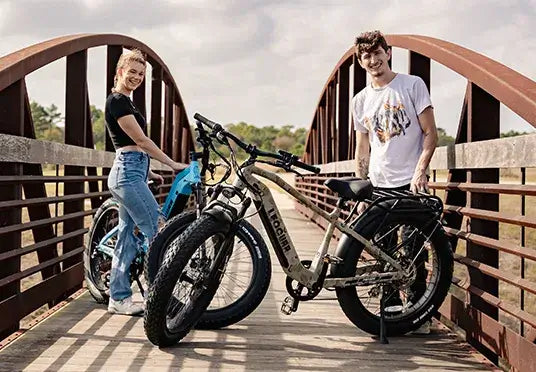
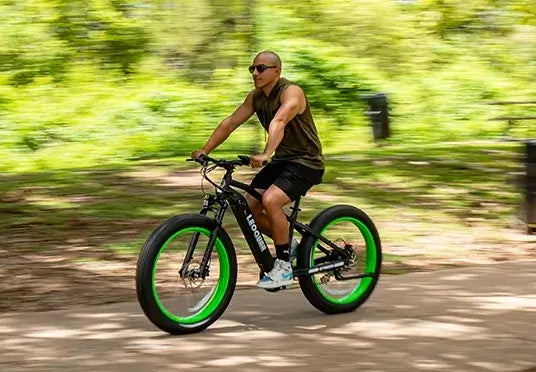
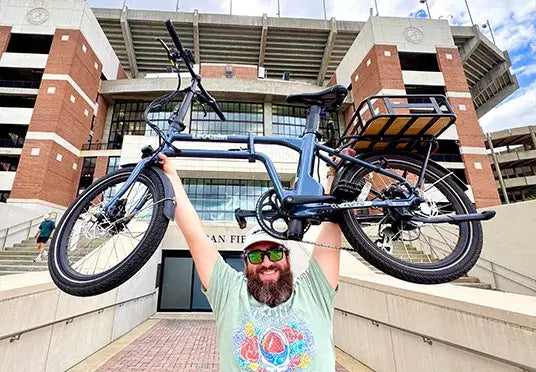
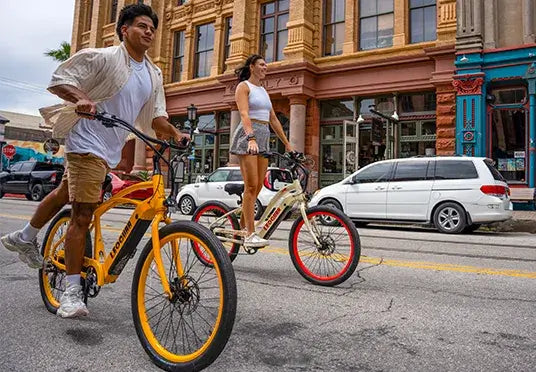
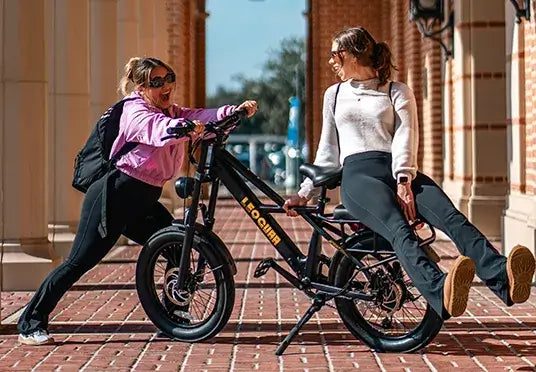
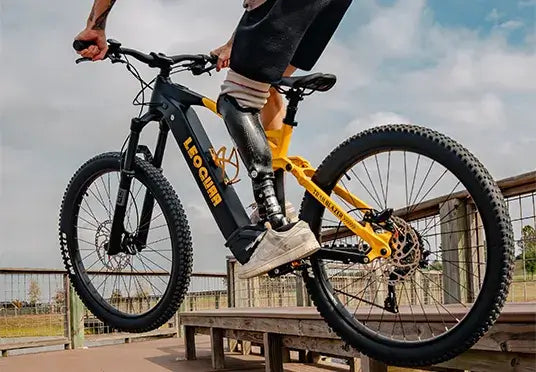
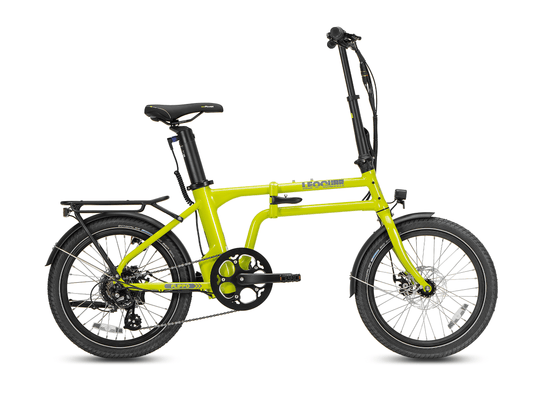
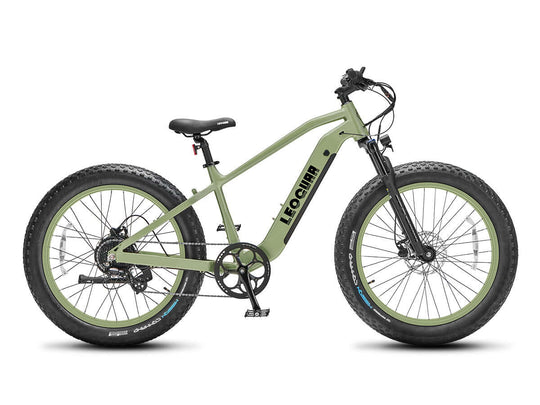
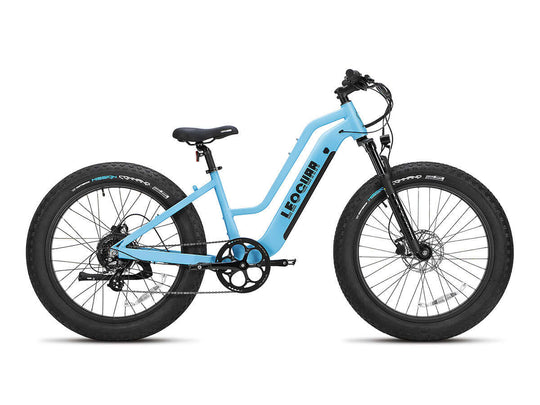
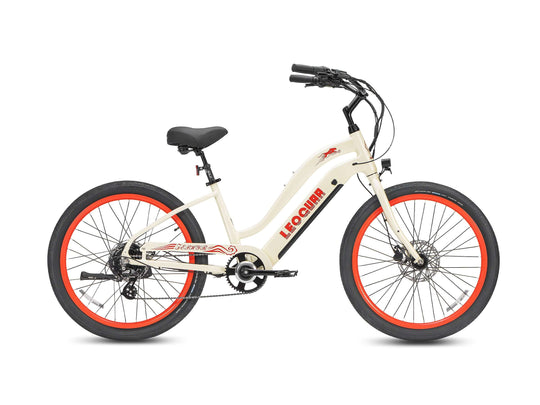
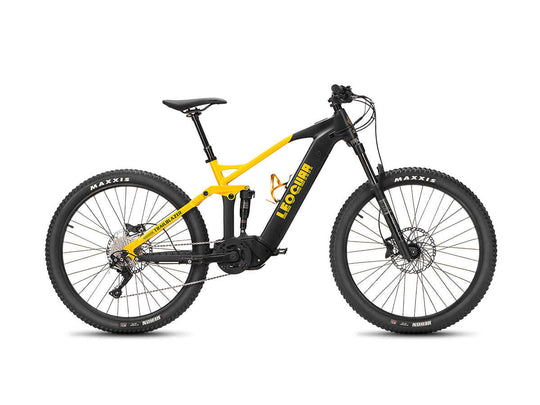
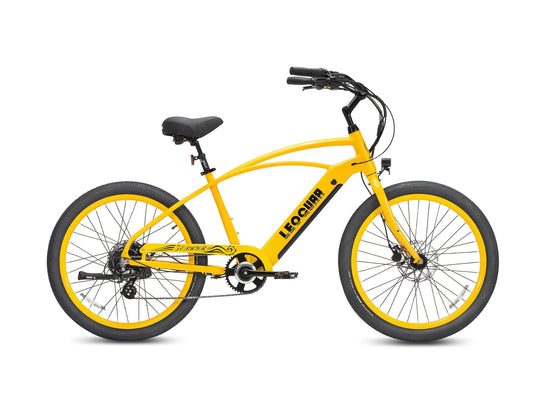
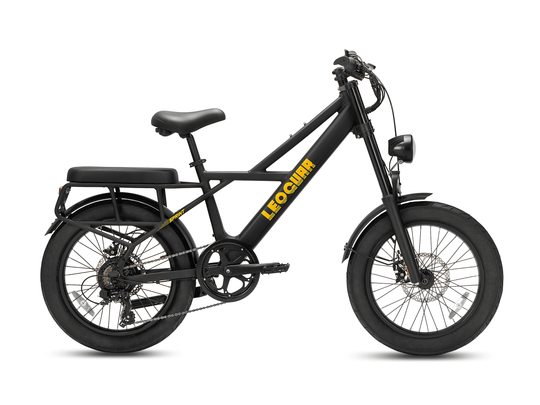
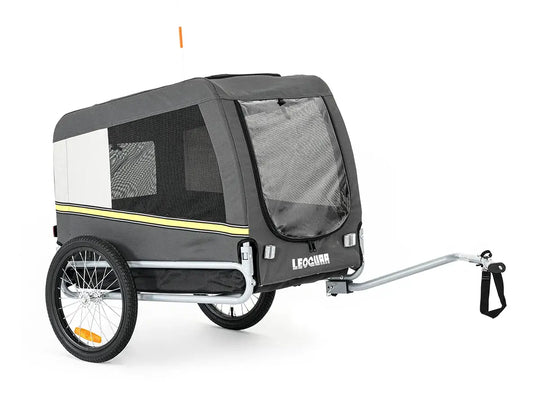
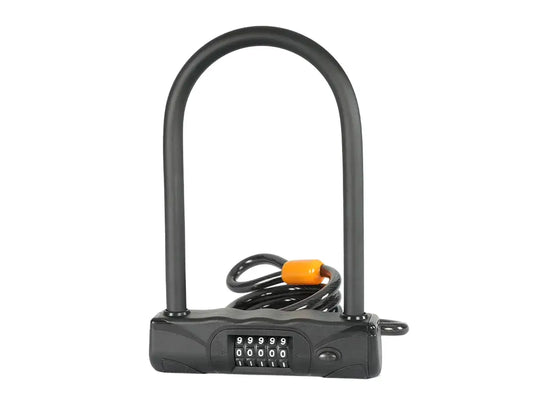
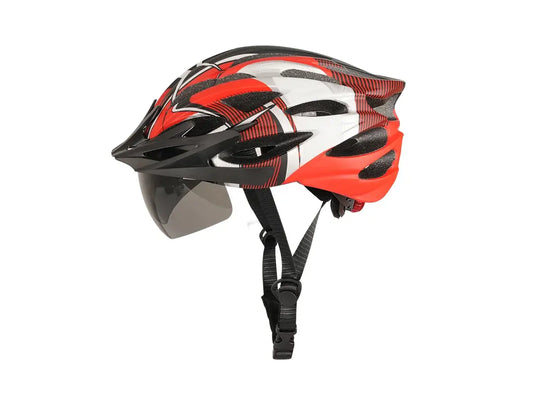
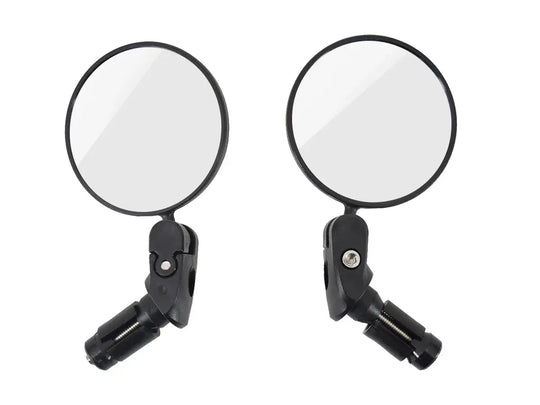
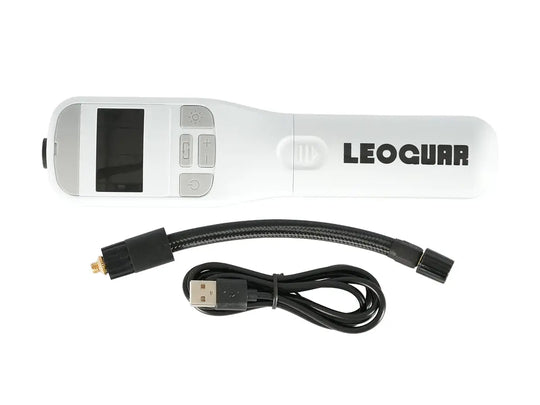
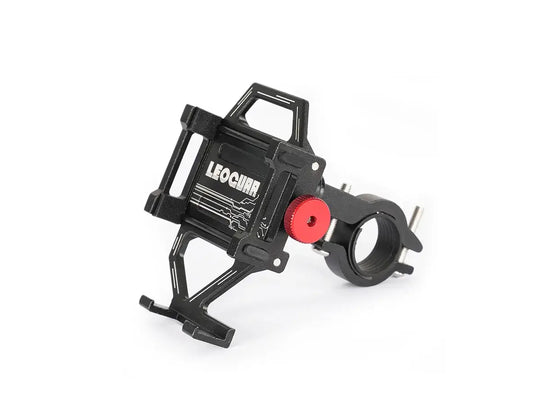
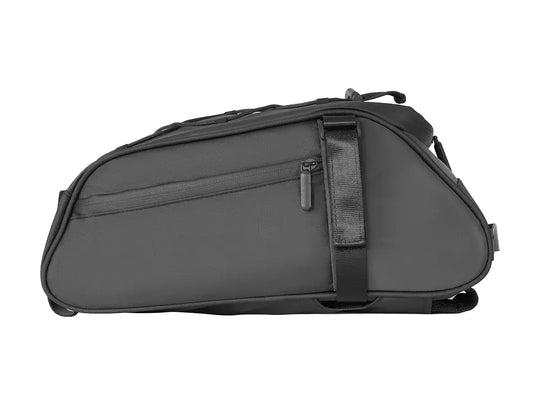
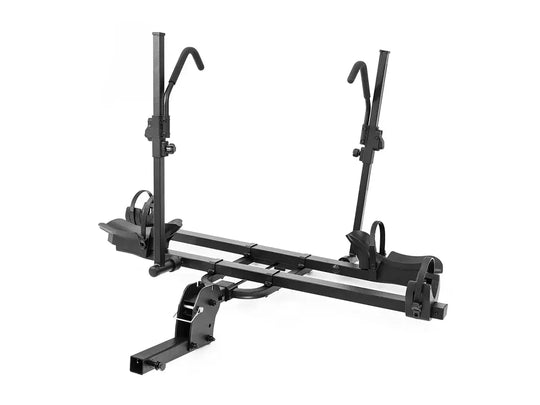
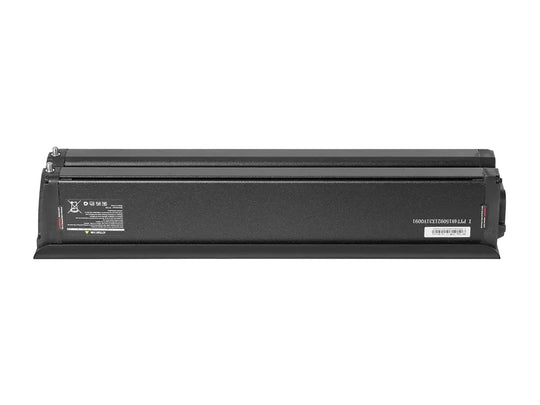
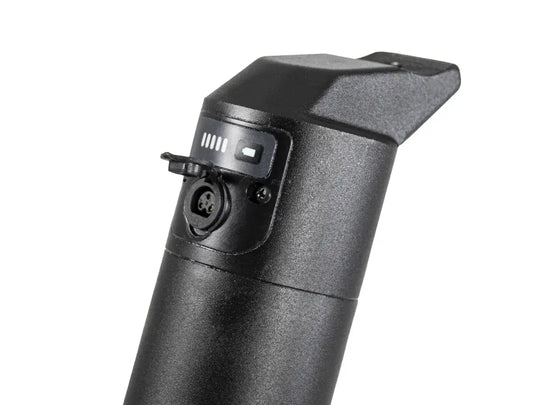
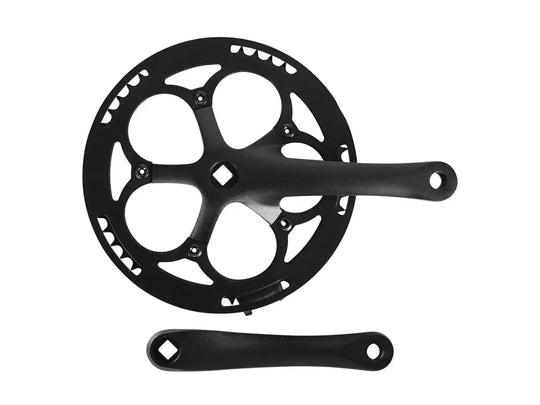
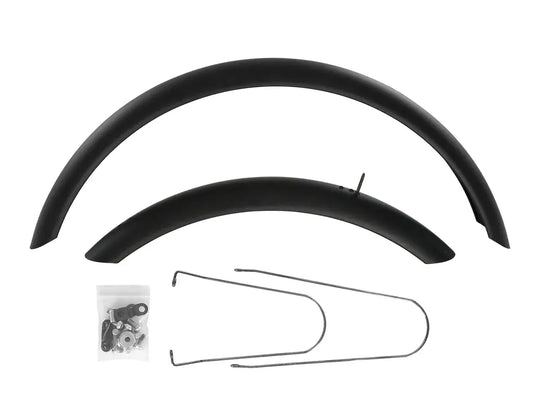
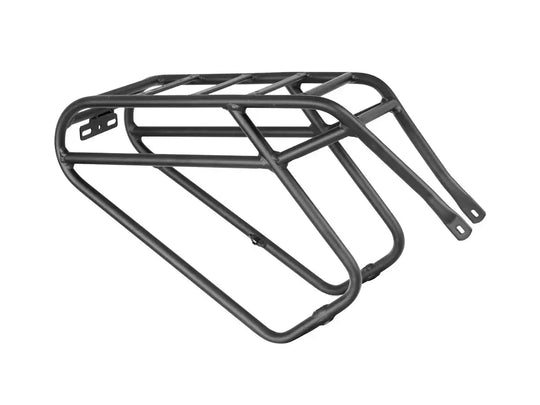
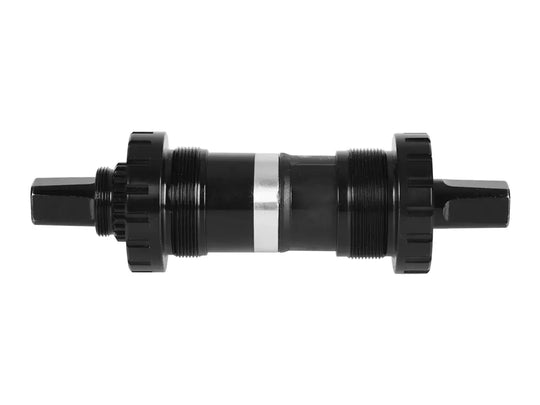
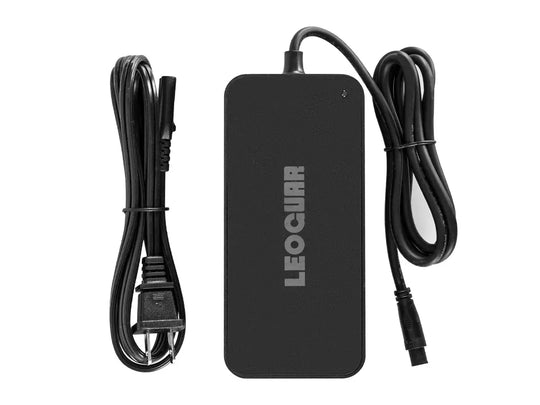
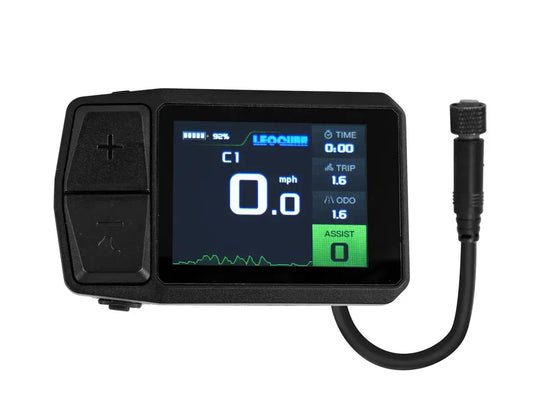
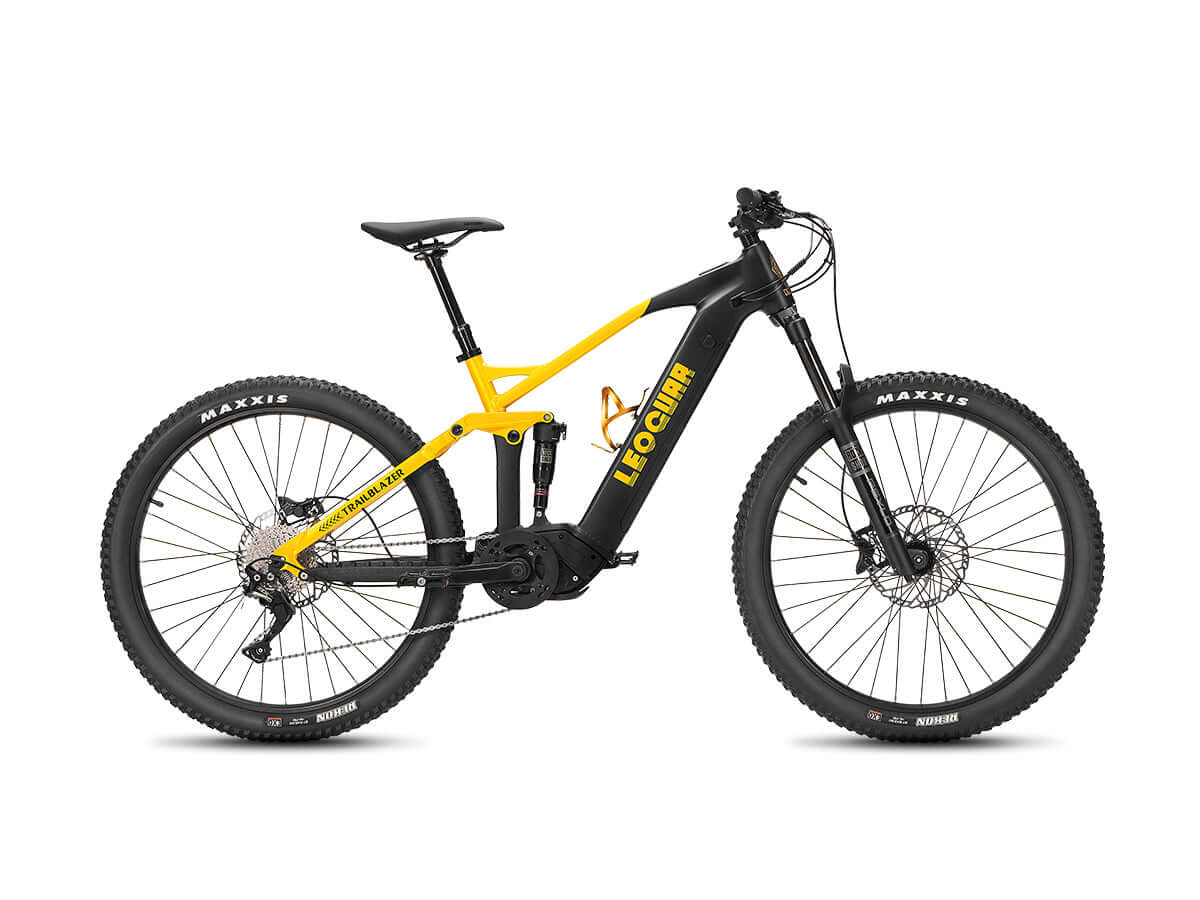







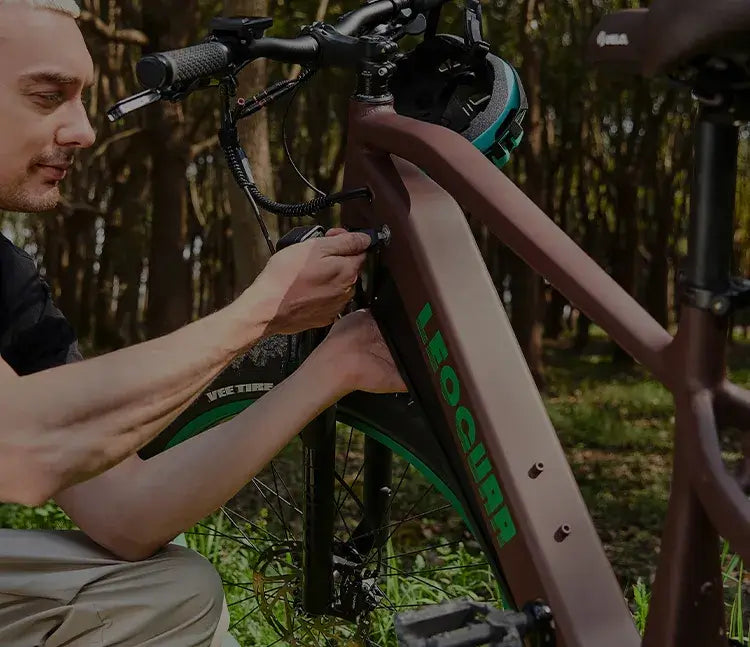
Leave a comment